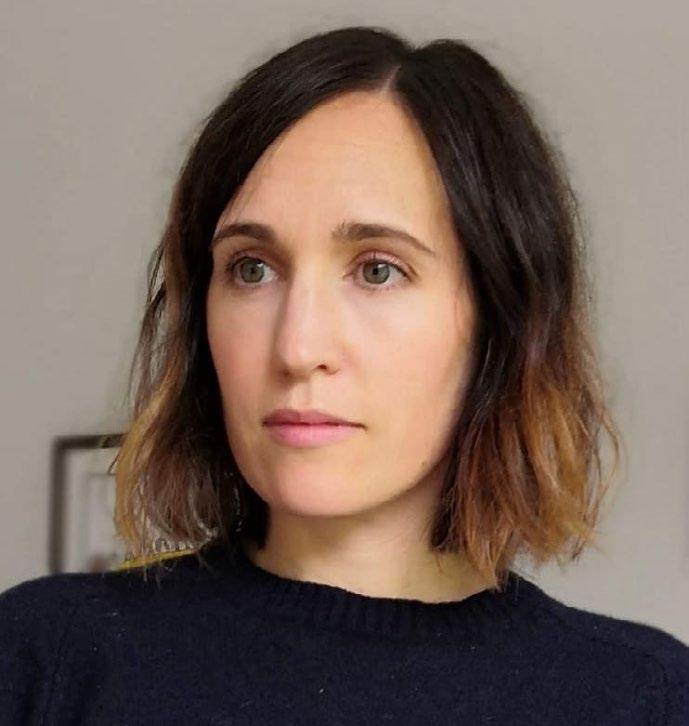
1 minute read
Editorial
We are increasingly living in a heavily curated world. Much of what we see, online and in real life, has been chosen, designed and edited. We are frequently engaging with the best version of something or, in many cases, an unrealistic or entirely false projection. We are coaxed into working towards a final product - we delete, we edit, we cut, we sharpen. We attempt to create perfection and then hope that no one digs deeper or finds flaws in our product.
Where then, can we find space to be ourselves. Truly ourselves. With no judgement. A safe space to express our perfect imperfect selves....
Advertisement
For many, this space is a journal.
The art of journaling has been around for centuries. It is known to have a powerful effect, often helping to alleviate the symptoms of anxiety or stress but it can also be used as a tool to help us engage with our creative selves and reflect on our process and development.
For IB theatre, students ‘keep a theatre journal throughout the two-year theatre course which charts their development and their experiences of theatre as a creator, designer, director, performer and spectator.’ I’m sure for many students this is a welcome space to record their thoughts but for others, this may not come naturally at all. But, if given the tools and the right framing, the journal can become a trusted space and prove invaluable in a student’s journey.
This issue offers practical tips and advice on journaling, from starting early and weaving reflection into the primary years to returning to physical journals over digital with high school students. Dinos Aristidou shares reflections on his own journaling practice and exercises to help make the process more accessible and enjoyable for students. Lizzie Hodge introduces us to Radical Candour, an approach she uses to reflect on a creative process. We have an article looking at benefits of wellness journaling and also the voice of a student, Aditi Soni from the International School of Geneva who shares her experience of reflective journaling.

This issue also takes a look back to an article written for Scene in 2006 where Dr Derek Pigrum emphasises the importance and urgency of developing ‘a more sophisticated understanding of journal keeping’.
As always, such a huge thank you to the contributors for this issue. We know that this time of year can be especially busy so really do appreciate the time taken to write for us!

With thanks,
Helen Abbott










